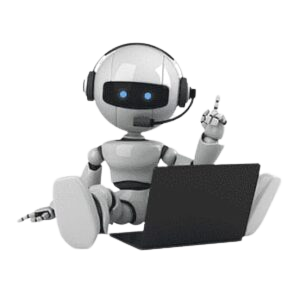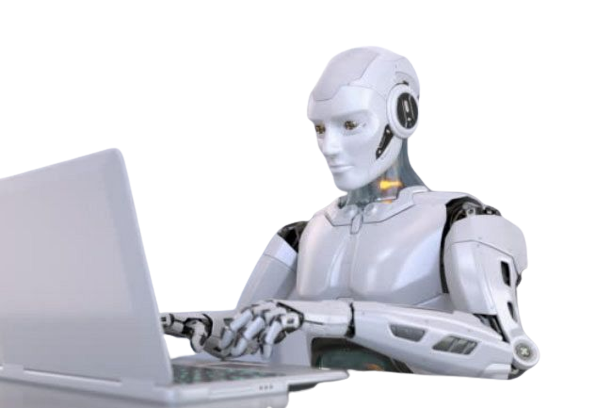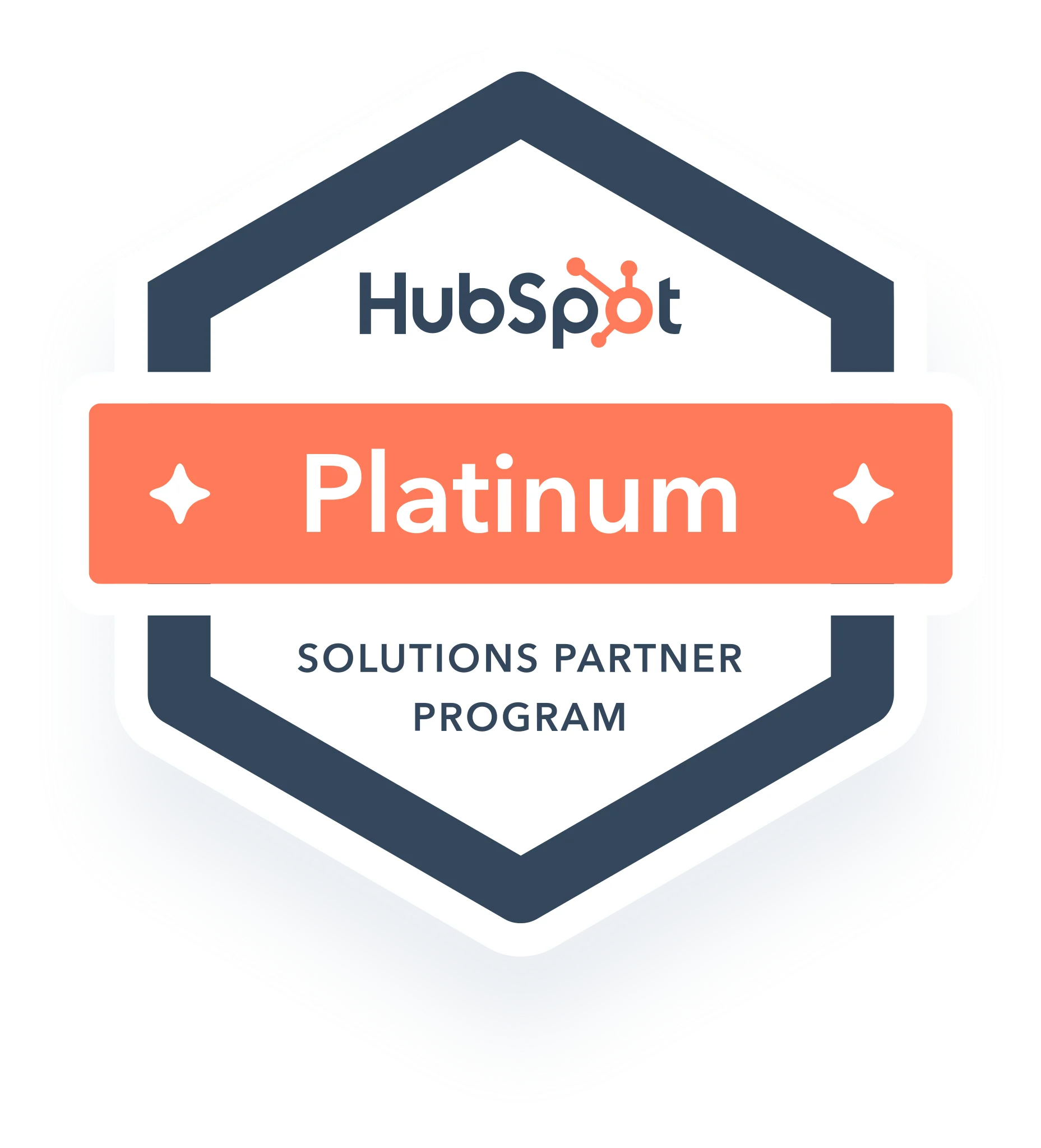
Why Artificial Intelligence is the Future
Why Artificial Intelligence is the Future
What is Artificial Intelligence?
Artificial Intelligence (AI) refers to the ability of machines to perform tasks that typically require human intelligence, such as perception, reasoning, learning, and decision-making. AI can be broadly classified into two categories: narrow or weak AI and general or strong AI.
Narrow or Weak AI: Narrow or weak AI is designed to perform a specific task, such as playing chess or recognizing images. These systems are programmed to follow a set of rules and can only perform the task they are designed for.
General or Strong AI: General or strong AI, on the other hand, is designed to perform any intellectual task that a human can perform. These systems are designed to learn and adapt to new situations and can perform a wide range of tasks without human intervention.
Why AI Is The Future & How It Will Change The Future?
Artificial Intelligence (AI) has become one of the most transformative technologies of our time, with the potential to revolutionize industries and change the way we live and work. AI is a field of computer science that focuses on creating intelligent machines that can perform tasks that typically require human intelligence, such as learning, reasoning, and problem-solving.
The usage of AI has been growing rapidly in recent years, with many industries and businesses adopting it to improve their operations and gain a competitive edge. Here are some of the ways in which AI is being used today:
- Healthcare: AI is being used to analyze medical data and provide more accurate diagnoses, identify patterns and trends in patient data, and help develop new treatments and drugs. AI can also help in the early detection of diseases and personalized treatment plans.
- Finance: AI is being used to analyze financial data and predict market trends, helping investors make better decisions. It is also being used to detect fraud and prevent money laundering.
- Transportation: AI is being used to optimize traffic flow, reduce congestion, and improve safety on the roads. It is also being used to develop autonomous vehicles and improve logistics and supply chain management.
- Education: AI is being used to personalize learning and adapt to each student’s needs. It can also provide real-time feedback to teachers, identify students who need extra help, and help create more effective educational materials.
- Entertainment: AI is being used to personalize content for viewers based on their preferences and viewing history. It can also be used to create more realistic video games and special effects in movies.
- Security: AI can be used for threat detection, anomaly detection, and network security.

How businesses can use artificial intelligence:
Artificial intelligence (AI) is a powerful tool that can help businesses improve their operations and gain a competitive edge. From customer service to marketing to logistics, there are many ways in which AI can be used to streamline processes and deliver better results. In this blog, we’ll explore some of the ways in which businesses can use AI to their advantage.
- Customer service: AI-powered chatbots and virtual assistants can help businesses provide 24/7 customer support and improve response times. These tools can handle simple queries, freeing up customer service representatives to focus on more complex issues. AI can also be used to personalize customer interactions, by analyzing past behavior and preferences.
- Marketing and advertising: AI can help businesses create more effective marketing campaigns, by analyzing customer data and predicting behavior. It can also be used to optimize advertising campaigns, by identifying the best channels and targeting strategies. AI-powered recommendation engines can also help businesses cross-sell and upsell to existing customers.
- Supply chain and logistics: AI can help businesses optimize their supply chains, by predicting demand and identifying the most efficient routes and modes of transportation. It can also be used to improve inventory management, by predicting stock levels and identifying potential bottlenecks.
- Fraud detection: AI can help businesses detect and prevent fraud, by analyzing patterns in financial data and identifying suspicious transactions. This can help reduce losses and improve customer trust.
- Employee productivity: AI can help businesses improve employee productivity, by automating repetitive tasks and providing personalized training and development. It can also be used to analyze employee performance data and identify areas for improvement.
What is the importance of AI in our daily lives?
With a streaming service like Netflix or Amazon Prime, the recommendations you receive for shows you might enjoy are produced by an AI system which uses data on your viewing habits to decide on what series you might like to see next. A voice recognition service in digital assistants, such as in the case of Amazon’s Alexa, will receive data from its user in the form of spoken language and will translate that data into a text file using an algorithm in order to decide what the user needs it to do. AI in social media helps curate the content in your feeds to be more relevant to you while Google utilising artificial intelligence can sort through millions of search results to find the one that you’re looking for.

Advantages of AI:
- Efficiency: AI can accomplish jobs significantly faster and with more precision than humans. It can analyze massive amounts of data, recognise patterns, and make judgments based on that data.
- Cost savings: AI can cut operating costs by automating mundane and repetitive processes, freeing up human resources for more complicated and value-added activities.
- 24/7 availability: AI systems may operate continually, without interruption, providing clients with consistent service and support.
- Improved decision-making: AI can provide insights and forecasts based on massive data sets, allowing decision-makers to make informed judgments with greater accuracy and speed.
- Improved workplace safety: AI can be utilized to perform dangerous tasks such as handling hazardous materials or operating heavy machines, enhancing workplace safety.
Conclusion
Artificial Intelligence has become an integral part of our daily lives, and its applications are only set to increase in the future. AI has the potential to revolutionize the way we live and work, and it is important to understand its basics to leverage its benefits. As AI continues to evolve, it is important to ensure that it is developed and used in an ethical and responsible manner to benefit society as a whole.














